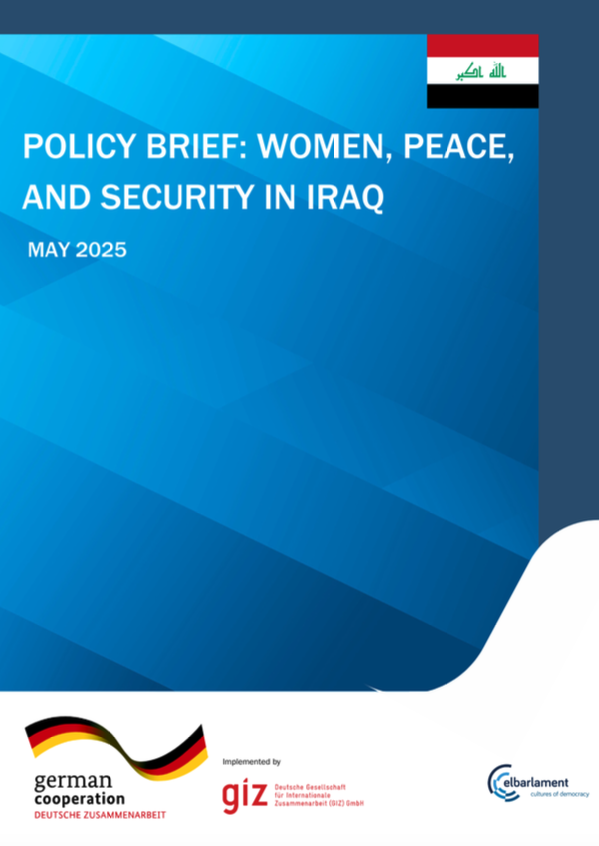Since 2014, Iraq has made formal commitments to the Women, Peace, and Security (WPS) agenda through three successive National Action Plans (NAPs), becoming the first MENA country to adopt UNSCR 1325. These commitments emerged in the aftermath of protracted conflict, including the rise of ISIS, widespread displacement, and the deepening of patriarchal governance systems that have disproportionately affected women.
This brief is informed by qualitative data collected through Key Informant Interviews (KIIs) conducted with stakeholders across policymakers, civil society leaders and experts, and community-level actors, ensuring a multi-level perspective on WPS in Iraq. It examines the political and security context, the evolution of Iraq’s WPS framework, and the impact of conflict on women’s rights, agency, and participation. It also highlights both achievements, such as the Yazidi Survivors Law, localized action plans in Kurdistan, increased women’s participation, and persistent challenges, including shrinking civic space, weak implementation, and resistance to gender-sensitive policies. While some regional efforts, particularly in the Kurdistan Region of Iraq (KRI), have demonstrated participatory models and civil society engagement, national-level approaches remain fragmented and often symbolic. Iraq’s third NAP lacks a clear strategy for participation, recovery, or transitional justice and was developed without meaningful civil society input or an evidence-based review of NAP II.
